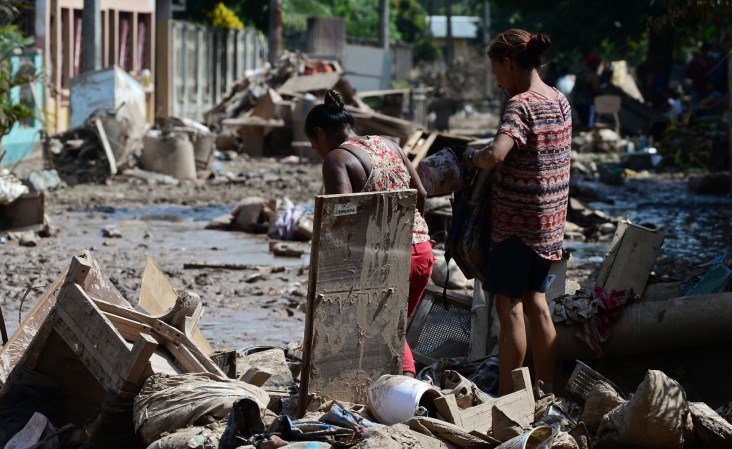Speeches Shim
The United States, through the U.S. Agency for International Development (USAID), is allocating approximately $30 million in additional humanitarian assistance to help people affected by Hurricanes Iota and Eta. With today’s announcement, USAID will have allocated nearly $48 million in humanitarian aid to benefit the people of the Republics of Honduras, Guatemala, Nicaragua, and Colombia. USAID has deployed a regional Disaster-Assistance Response Team (DART), on the ground since November 17, 2020, to lead the U.S. Government’s response to the storms.
As the 2020 Atlantic hurricane season comes to an end, floodwaters remain in areas of Guatemala and Honduras affected by Hurricanes Eta and Iota. Storm damage to health care facilities in Honduras risks increased spread of COVID-19, PAHO reports. USAID/BHA is providing emergency shelter materials to assist communities to repair damaged structures in Honduras. USAID/BHA supports UNICEF to scale up protection and WASH assistance in Nicaragua.
The Bureau for Humanitarian Assistance (BHA) within the U.S. Agency for International Development (USAID) is sending 280 rolls of heavy-duty plastic sheeting from USAID’s warehouse in Miami to provide emergency shelter to thousands of people in the Republic of Honduras affected by Hurricanes Iota and Eta.
FEWS NET estimates damage from the storms will exacerbate acute food insecurity for many households in Guatemala, Honduras, and Nicaragua. Government of Nicaragua assesses countrywide damages and economic losses from Eta and Iota total $738 million. USAID/BHA provides funding to support several relief agencies delivering humanitarian assistance in Honduras, while JTF-Bravo rescues people from and transports assistance to isolated areas.
Relief organizations continue to assess the extent of damages from Hurricanes Eta and Iota on Colombia’s San Andrés and Providencia islands, where approximately 9,100 people were affected by the storms, according to the UN. To support Colombia’s National Disaster Risk Management Unit (UNGRD) and other actors responding to humanitarian needs on the islands, on November 23, USAID/BHA established a humanitarian air bridge to shuttle relief supplies from San Andrés to Providencia—the more heavily impacted of the two islands.


Comment
Make a general inquiry or suggest an improvement.